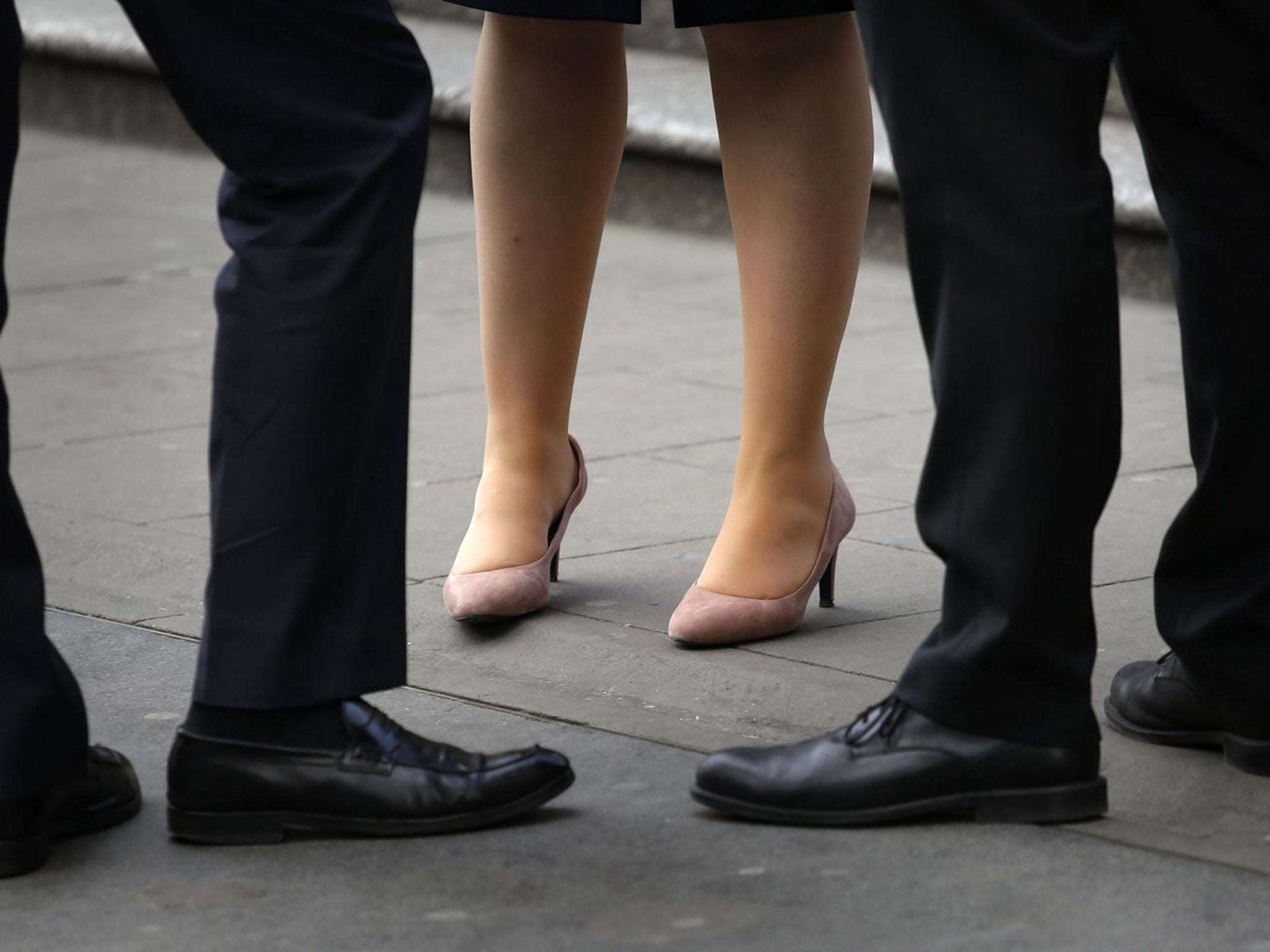If more women are attending university than men, why are men likely to get paid more in the workplace?
One of our iStudents argues how 'this gender gap has arisen as a consequence of the rise in tuition fees'

Your support helps us to tell the story
From reproductive rights to climate change to Big Tech, The Independent is on the ground when the story is developing. Whether it's investigating the financials of Elon Musk's pro-Trump PAC or producing our latest documentary, 'The A Word', which shines a light on the American women fighting for reproductive rights, we know how important it is to parse out the facts from the messaging.
At such a critical moment in US history, we need reporters on the ground. Your donation allows us to keep sending journalists to speak to both sides of the story.
The Independent is trusted by Americans across the entire political spectrum. And unlike many other quality news outlets, we choose not to lock Americans out of our reporting and analysis with paywalls. We believe quality journalism should be available to everyone, paid for by those who can afford it.
Your support makes all the difference.Since 2008, women have outnumbered men in British universities and the gender gap has been steadily increasing. For the 2014 academic year, 58,000 more women are said to have entered into higher education than men, where women are now dominating subjects such as medicine, law, and biology.
Alan Smithers, director of the Centre for Education and Employment Research at the University of Buckingham, has said girls do better than boys at GCSE and are, therefore, more likely to go onto do A-levels.
He added: “They have tended to get better A-level results more or less across the board than boys. They also seem keener to go to university than males, perhaps because they enjoy studying academically more.”
I think the truth is slightly more complicated than the stereotypical picture Smithers has painted of girls being “keener” and simply enjoying academia and studying more than boys. This interpretation fails to consider why today’s girls are “keener” and more studious than boy. It is in the answer to this question I believe the root cause of the education gender gap lies.
It must be taken into account this gender gap has arisen as a consequence of the rise in tuition fees: more women have decided the debt they will be saddled with at the end of their three years at university is worth it for the career benefits they will reap from having the degree. Crucially, the number of working-class women attending university is double that of working-class men, proving just how much women believe the debt is worth it for their future.
What is crucial to remember is that, while the gender gap at university sits in favour of women, the gender pay gap - according to the Office for National Statistics - has remained relatively unchanged. Therefore, it appears more women are choosing to invest in a university education as they are aware of the power it will have in breaking that glass ceiling that still exists in society.
I speak not just for myself, but for many women at my own university - some of whom I have spoken with about why they chose to attend. Lola Albarn, a third year student, spoke of the “long struggle” around women’s right to education: “Women in this country were denied a proper education for so long, and then were continually dissuaded against it, in favour of domestic duties.
“So, women in this country are taking full advantage of the fact they are able to get the education they had been separated from for so long”.
Women have long been told their right to education was hard fought and won and, therefore, are far more unlikely - in the wake of the rise in tuition fees - to turn their backs on such a historically valued opportunity. Most men have never been denied the chance of a university education and, therefore, this plays no part in their view on the worth of higher education.
Evangeline Katz, another third year student, said: “I felt, in order to be respected enough by prospective employers, I needed to have a decent degree under my belt. Whereas, I believe, for males, that need isn't so strong. This is based on a general assumption perhaps they will naturally be more hardworking and ‘go-getting’ than females.”
Despite living in a more equal society - with access to education for women being, at least in the Western world, better than it’s ever been before - once we enter the ‘real world’, we are still in a disadvantaged position and must do much more than men to prove ourselves.
Thus, for many women, the option of not attending university and going straight into the world of work is something which, under current gender pay gap pressures, is too much of a risk.
Twitter: @JennySterne
Join our commenting forum
Join thought-provoking conversations, follow other Independent readers and see their replies
Comments